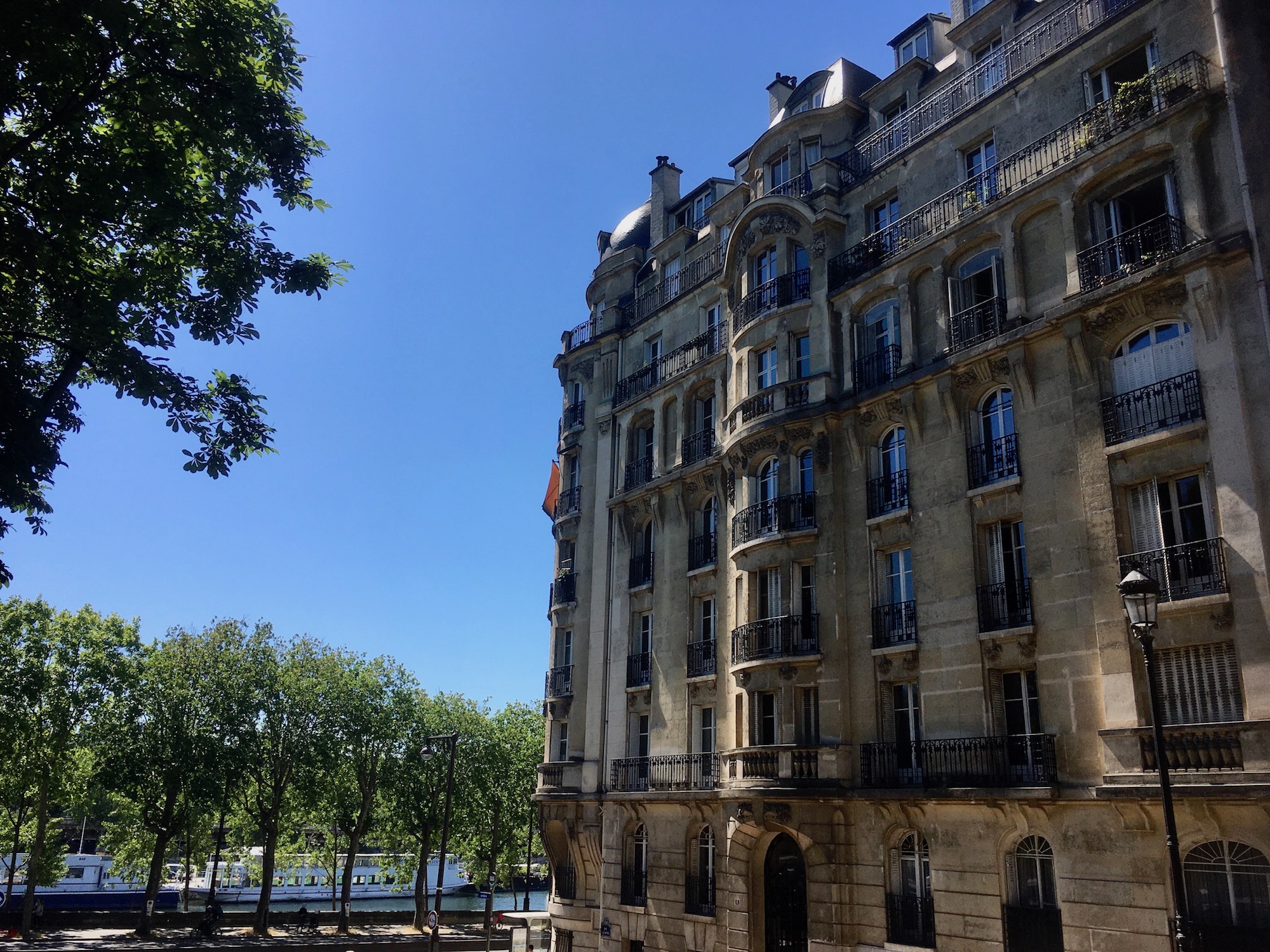With short-term rentals back in the news, this Paris Airbnb ruling update gives the latest information.
We examine the situation, and what this means for owners renting their apartments via online platforms at this time.
Limits on renting in the French capital
Airbnb is the most famous, but there is also HomeAway, Wimdu, and HouseTrip.
All have revolutionized the landscape of short-term rentals. But Paris has always resisted the rise of these unregulated listings, more than any other city.
While short term rentals of secondary residences are not allowed, a primary residence may be rented out short term for a maximum of 120 days a year. This includes online listings such as Airbnb.
However, not all property owners follow this rule, so the government took action in both the European Court of Justice and the Court of Cassation, France’s supreme court.
As we reported back in March, owners are liable to prosecution if they exceed the 120-day quota. The ruling was the end of the matter, or so we thought.
But now it is clear, actually enforcing the ruling is not as easy as it seems, and some owners may continue to rent their Paris apartments short term for longer durations.
Many may be asking: how is this happening?
Paris and Airbnb, a history
First, a little history about the French capital and its complicated relationship with short term online rentals.
It was around a decade ago that these new websites emerged.
On the surface, they appeared attractive. Guests could enjoy hassle-free, cheaper accommodation. While property owners could pocket easy extra cash. A win-win.
But the Paris government has never quite seen it that way.
Unlike other capital cities, there are limits to the available housing stock in Paris. Most are period properties, the building of new properties is rare. So, the government wants to ensure that housing is available to those wishing to live and work here.
For tourists or business travelers, there are hotels. Not just any hotels either, as those in Paris are famous around the world for being some of the finest.
While the potential shortage of housing is just one factor, another is the concern that short-term rentals will impact the hotel industry.
For these and other reasons, it is no secret that the government is deliberately making it difficult for Airbnb and similar websites to operate here.
More on the Paris Airbnb ruling update
At the time of the ruling earlier this year, there were around 420 landlords flouting the rules, exceeding the maximum rental quota of 120 days.
Reports at the time suggested they could face fines up to €50,000 each.
But recently, owners have gone to court for the first time. And for one in two cases, the owner has escaped the fine.
How? It is a technicality.
Buried in the legalese of the court ruling, was the stipulation that the Mayor of Paris must prove that the accommodation in question was a residential property on January 1, 1970.
Without this proof, the prosecution cannot go ahead.
To date, the court has made 24 decisions. Of these, only 14 were in favor of the city of Paris, and the remaining ten in favor of the owners.
The Town Hall is facing challenges
The requirement to prove that each property was residential 50 years ago is clearly red tape.
Even if the Town Hall can produce land records from 1970, they are often imprecise, marred by irregularities, or have lines added and crossed out. Therefore, a lawyer can easily contest them, and the owner escapes the fine.
When asked about the situation for a news report, Ian Brossat, the Deputy Mayor in charge of housing calls the situation “absurd and totally Kafkaesque… It is an obstacle to the regulation of Airbnb rentals in Paris.”
The city was set to benefit to the tune of €9 million if each case against the 420 property owners were successful, and they paid the maximum fine.
Now, those figures are dwindling and currently stand at just €385,000 according to some reports.
Will the Town Hall will risk appealing each time it has failed to prove that the property in question was residential on January 1, 1970? Time will tell.
Personal advice for your situation
What does this Paris Airbnb ruling update mean for owners? Should they now rent short term for longer durations?
At 56Paris, we would certainly not recommend that.
Being a landlord in our capital can be a minefield, and there continues to be further crackdowns on online rentals. We reported on some of these recent developments a few months ago.
This is why we always suggest you utilize the services of a knowledgeable and trusted agent.
If you would like to speak to the team at 56Paris, please do get in touch. We are happy to offer free advice for your own situation, with no obligation.
We can help you realize the most lucrative option for your property while remaining within the law.
You can also follow us on social media at Facebook, Twitter, Instagram, and Pinterest for the latest updates from the world of Paris real estate.
